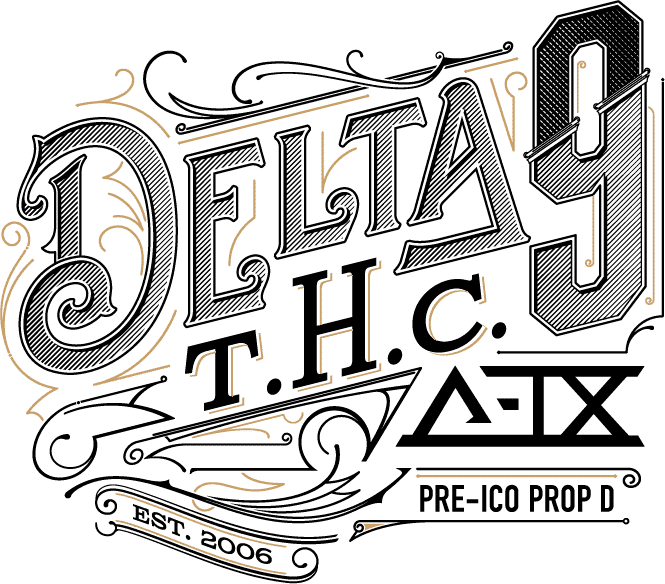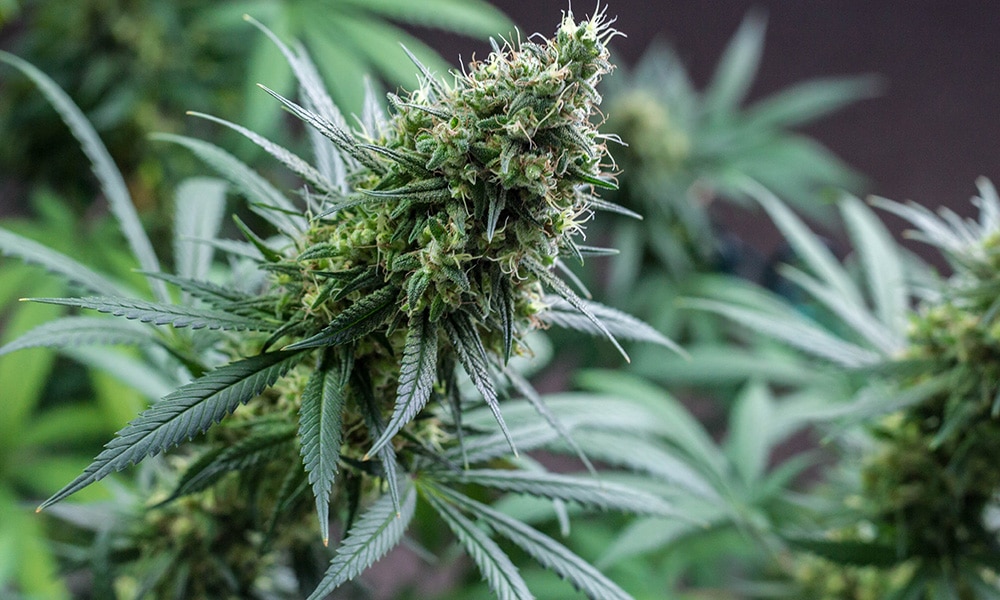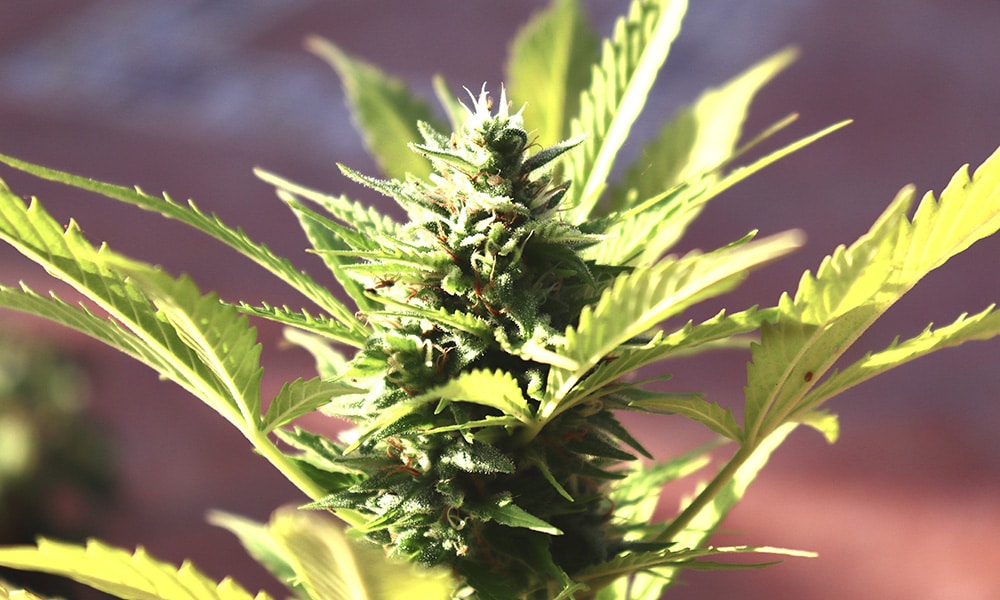When most people think about cannabis, they typically think first about the cannabinoids THC and CBD. These are two of the most abundant cannabinoids in the plant, and research is showing that they provide a whole host of significant benefits. The thing is, THC and CBD aren’t the only compounds in cannabis. There are more than 120 known cannabinoids. One of the ones beginning to gain significant attention is THCa. Let’s take a look at some of the THCa benefits you might want to know.
What Is THCa?
THCa is tetrahydracannabinolic acid, a cannabinoid present in cannabis. While it’s a non-psychoactive compound, it’s actually the precursor to THC. It transforms into THC when the plant is exposed to heat or light. Methods of converting THCa into THC include:
Exposing cannabis buds to sunlight
Leaving fresh buds out at room temperature
Drying and curing
Decarboxylation
Smoking
Vaping
Dabbing THCa diamonds
Benefits of THCa
Research is finding that THCa has many potential therapeutic benefits, such as:
Anticancer Properties
Some early research is showing that THCa may have anti-proliferative effects, meaning that it may help to stop the growth of cancer cells. Cell research shows these results for human breast cancer and prostate cancer cells. Some studies on rats show that the cannabinoid may help to slow the growth of brain cancer and leukemia cells.
Neuroprotective Properties
One study found that THCa may provide neuroprotective properties, particularly against Parkinson’s and Alzheimer’s diseases. Additionally, it may act as an antispasmodic, preventing muscle spasms.
Anti-Inflammatory and Analgesic Properties
Some early studies are finding that THCa may be more effective than THC and CBD when it comes to reducing pain and inflammation. It could prove beneficial for conditions such as arthritis and lupus.
Other Potential Benefits
While still in early research, studies are finding that THCa may also provide benefits for individuals with insomnia, nausea, appetite loss, and more. As researchers discover more, the exact benefits will become more clear. As of right now, however, more research is needed to uncover the full potential of this incredible cannabinoid.
How to Get THCa
Now that you know a little bit more about THCa, you may be wondering where you can find it. After all, when you visit the dispensary, you’re likely greeted with information regarding the THC and CBD content of various products.
One of the easiest ways to get THCa is to purchase raw cannabis buds. THCa is particularly prevalent in freshly harvested buds. Some people juice the buds and drink the liquid as a shot (providing themselves with a dose of THCa and other compounds) or add it to a juice or smoothie recipe. You can also grow cannabis plants at home and harvest the buds for similar uses. If you want a more nutrient-rich drink, blend the buds whole instead of juicing them.
You may also find THCa in the form of THCa diamonds. They’re highly concentrated and contain more than 90% THCa. While most people dab these crystals, converting the THCa into THC, you can also break them up and sprinkle them on food.
A third way to get THCa is by purchasing a THCa infused topical. These products typically treat issues such as bug bites or rashes. They can also soothe muscle aches and pains by reducing inflammation.
THC and CBD may get most of the attention, but research is showing that other cannabinoids, including THCa, are providing some benefits of their own.



